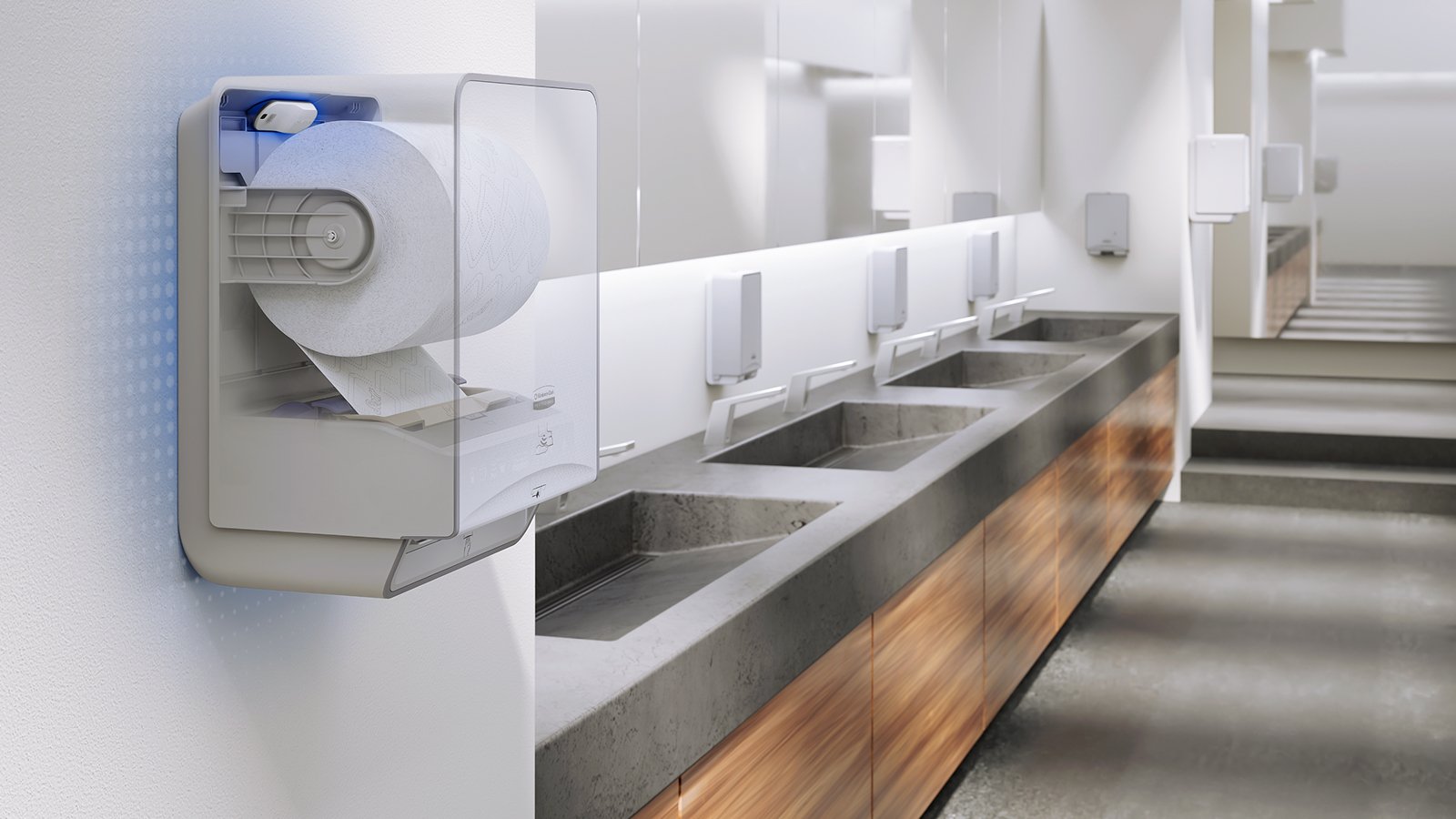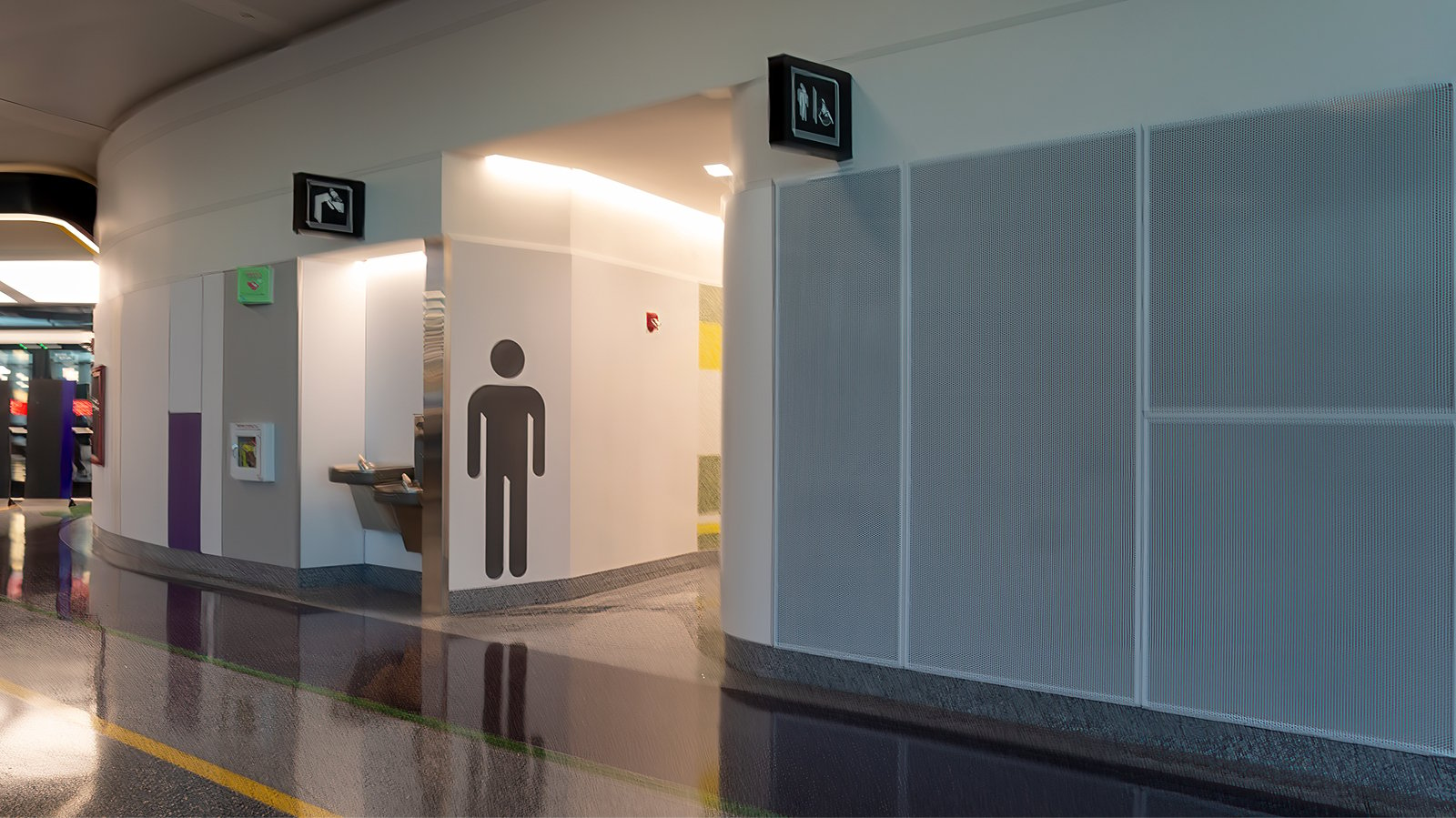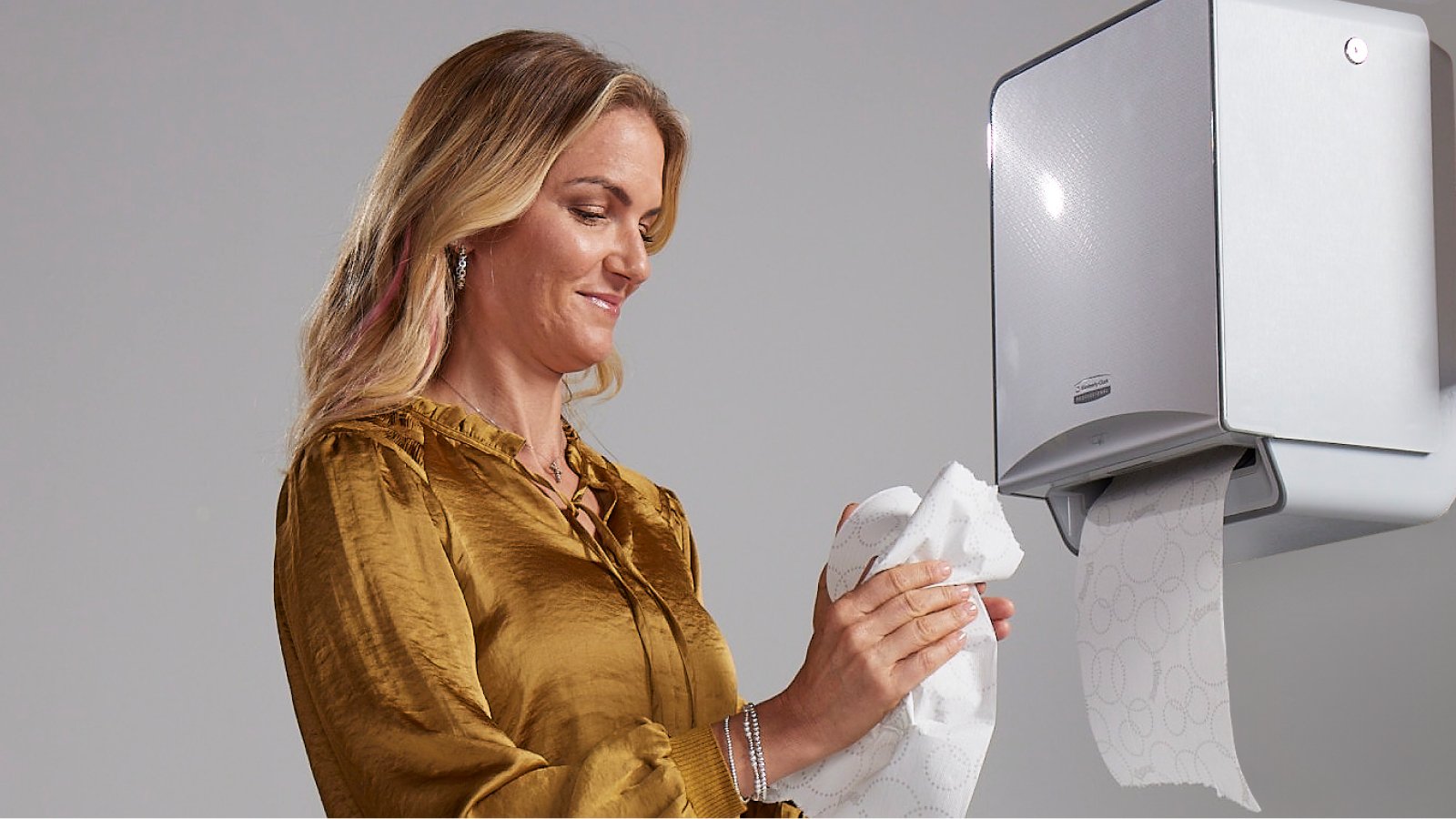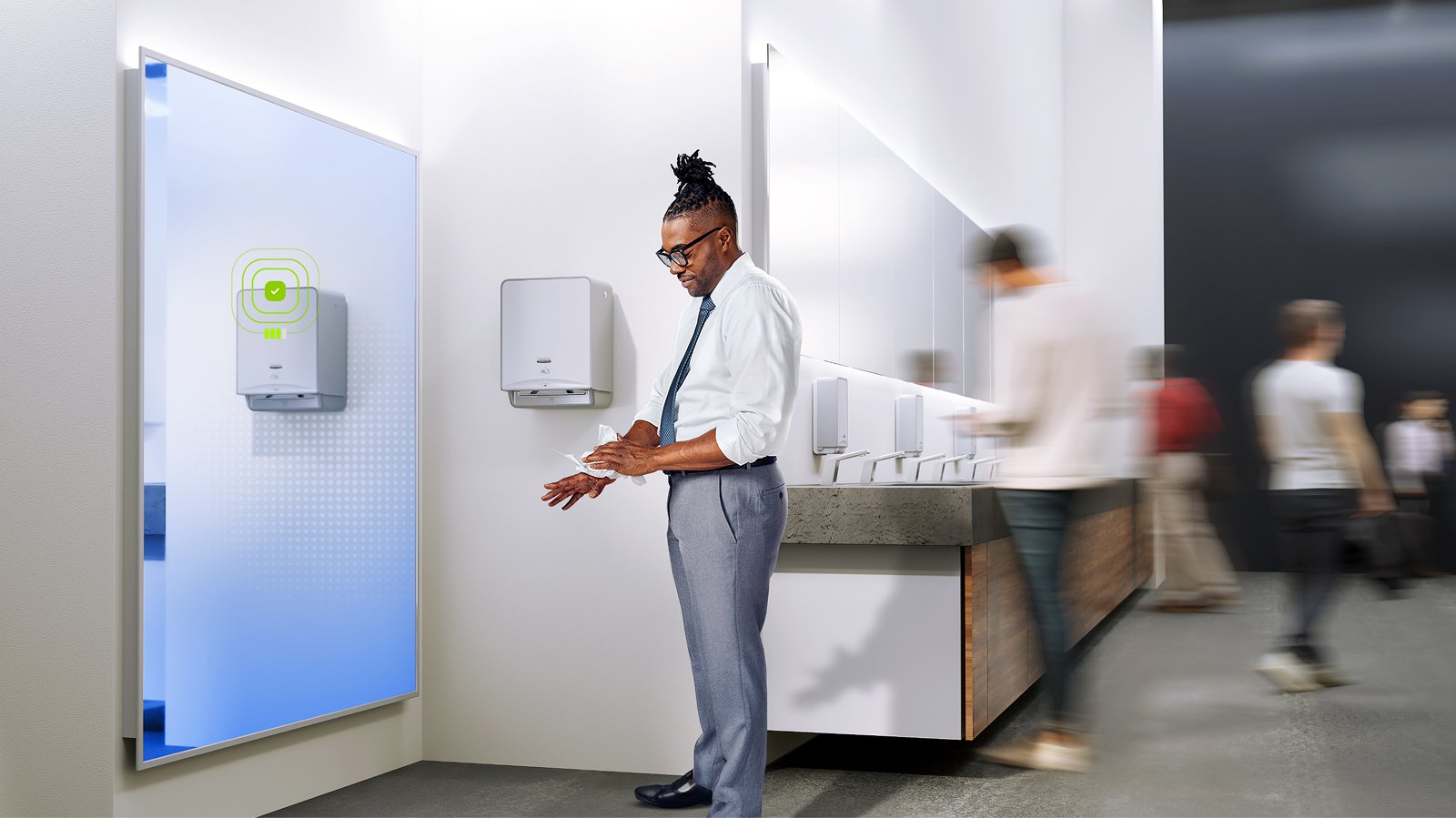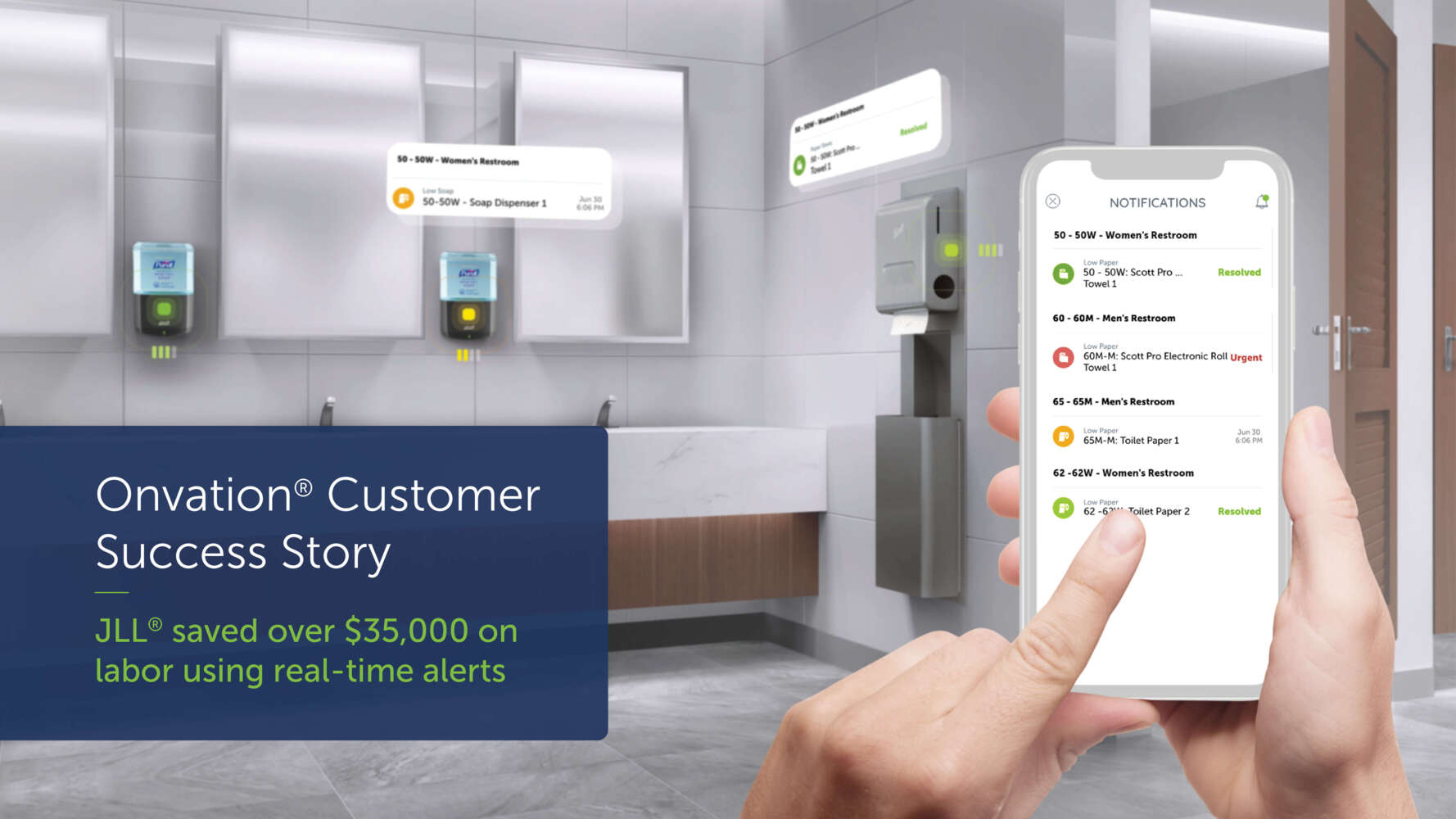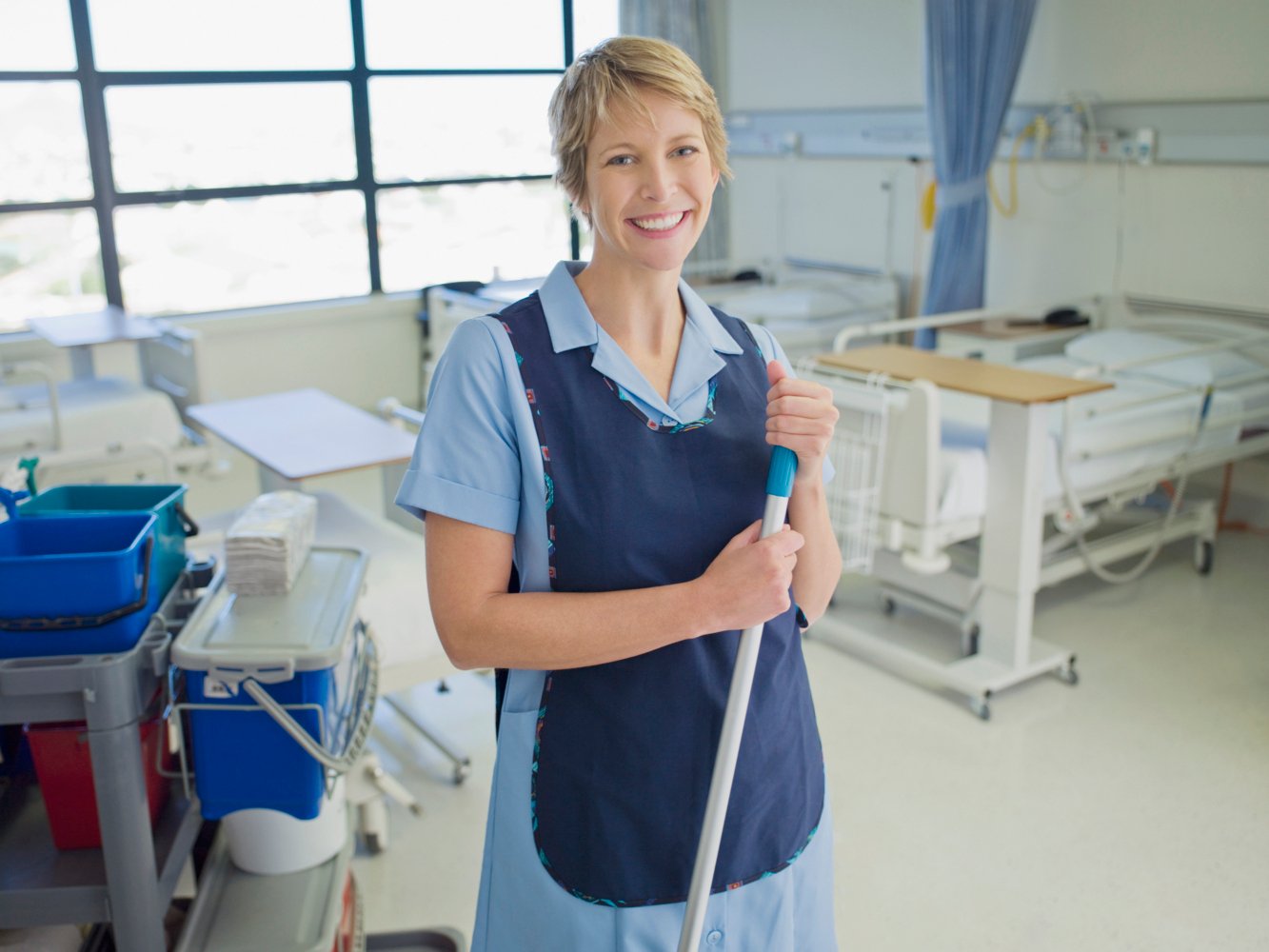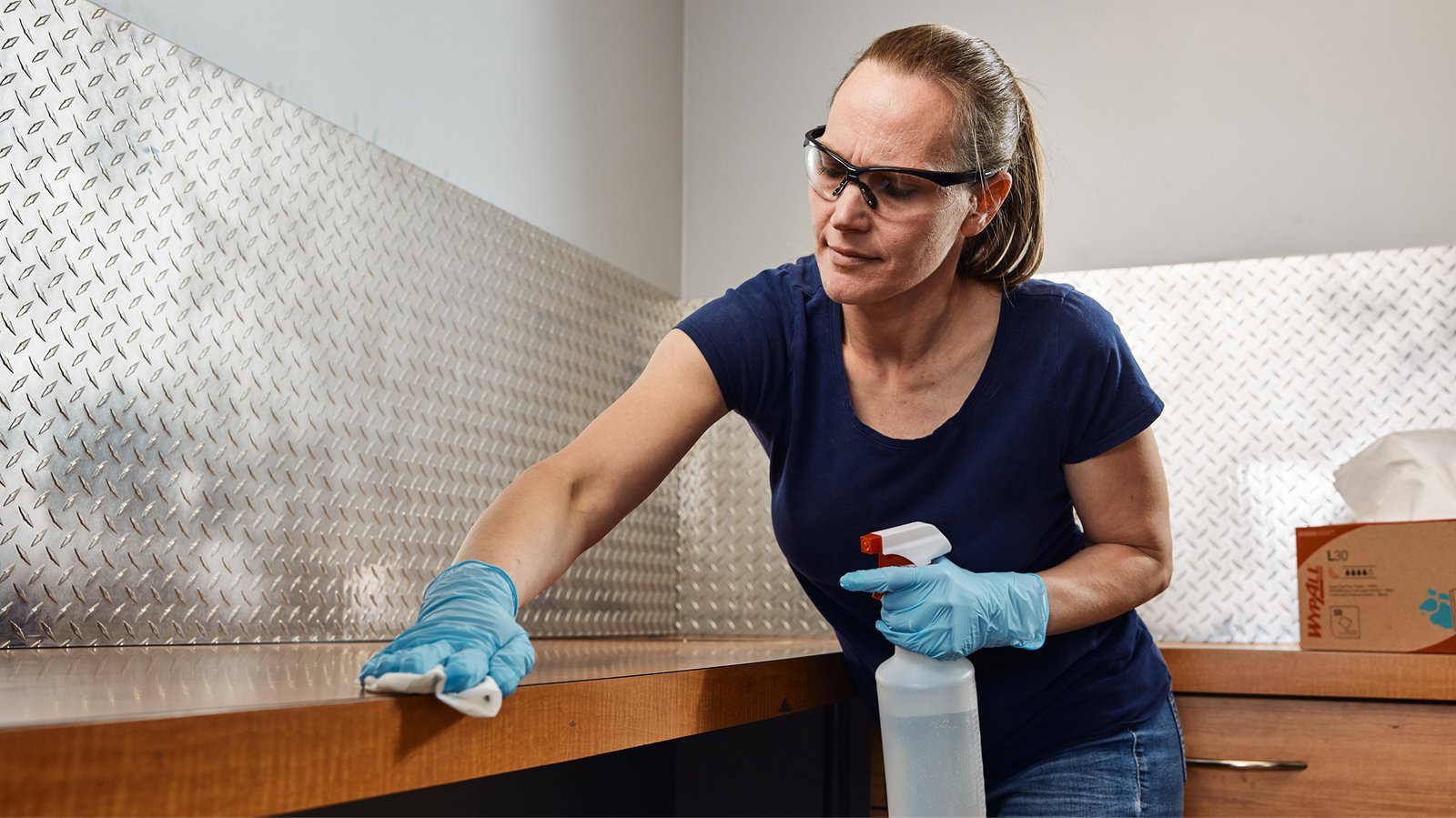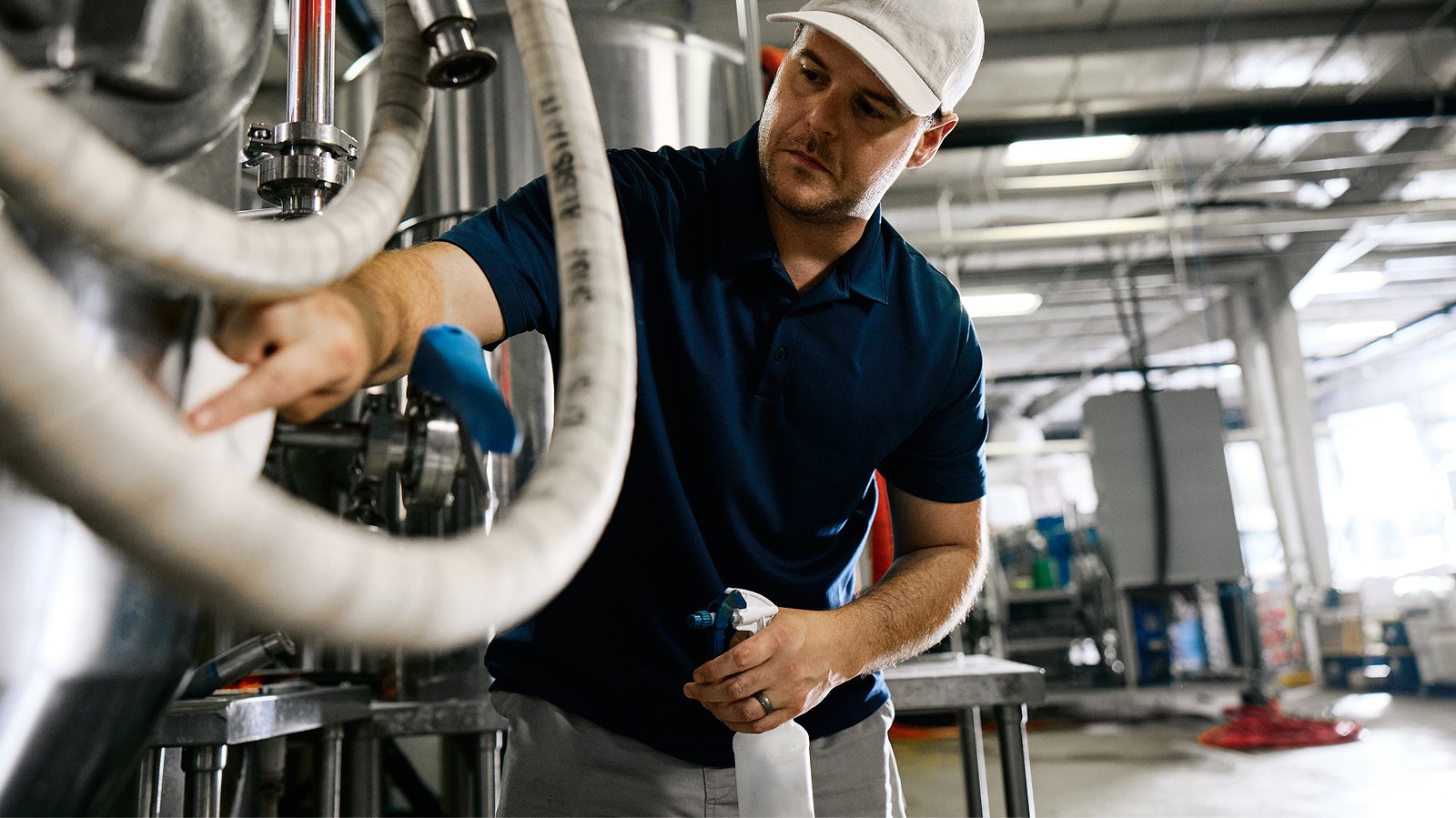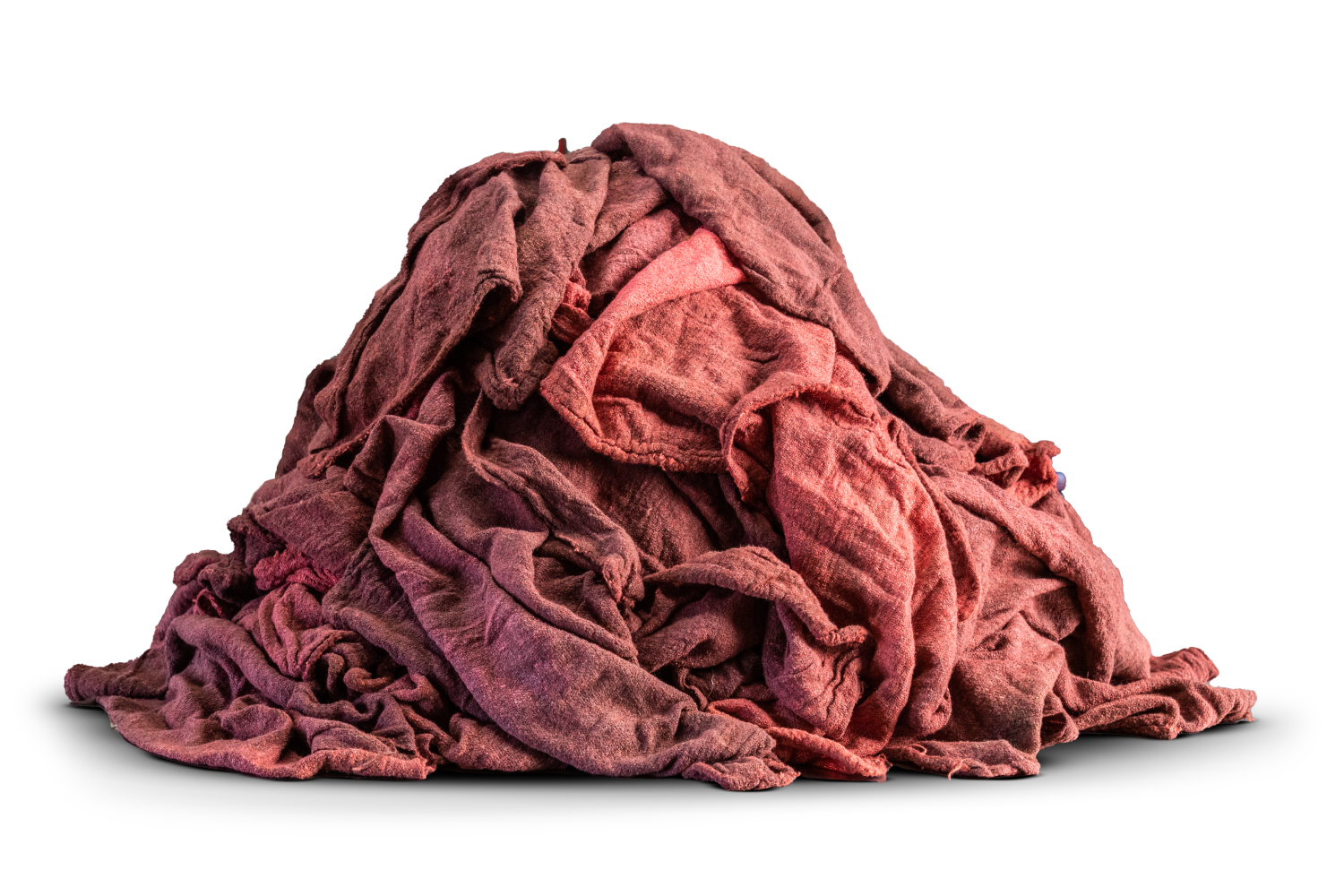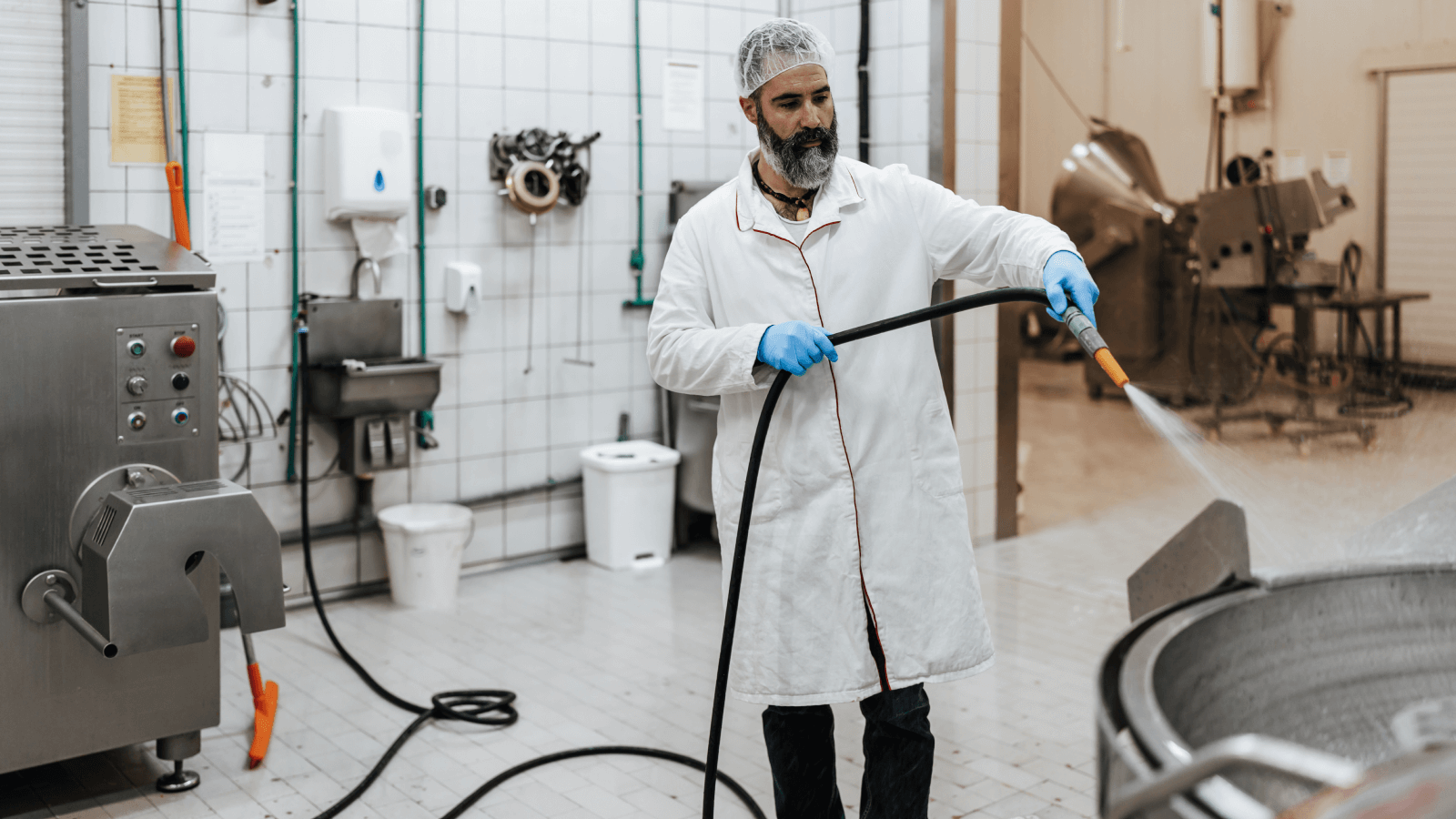Last Updated APRIL 2025
How to Solve Restroom Challenges: Maintaining Optimal Cleanliness
Struggling to keep your facility’s restrooms clean with limited resources? Discover effective strategies to enhance hygiene, optimize cleaning schedules and improve user satisfaction. Get practical solutions for facility managers facing the challenges of restroom maintenance.
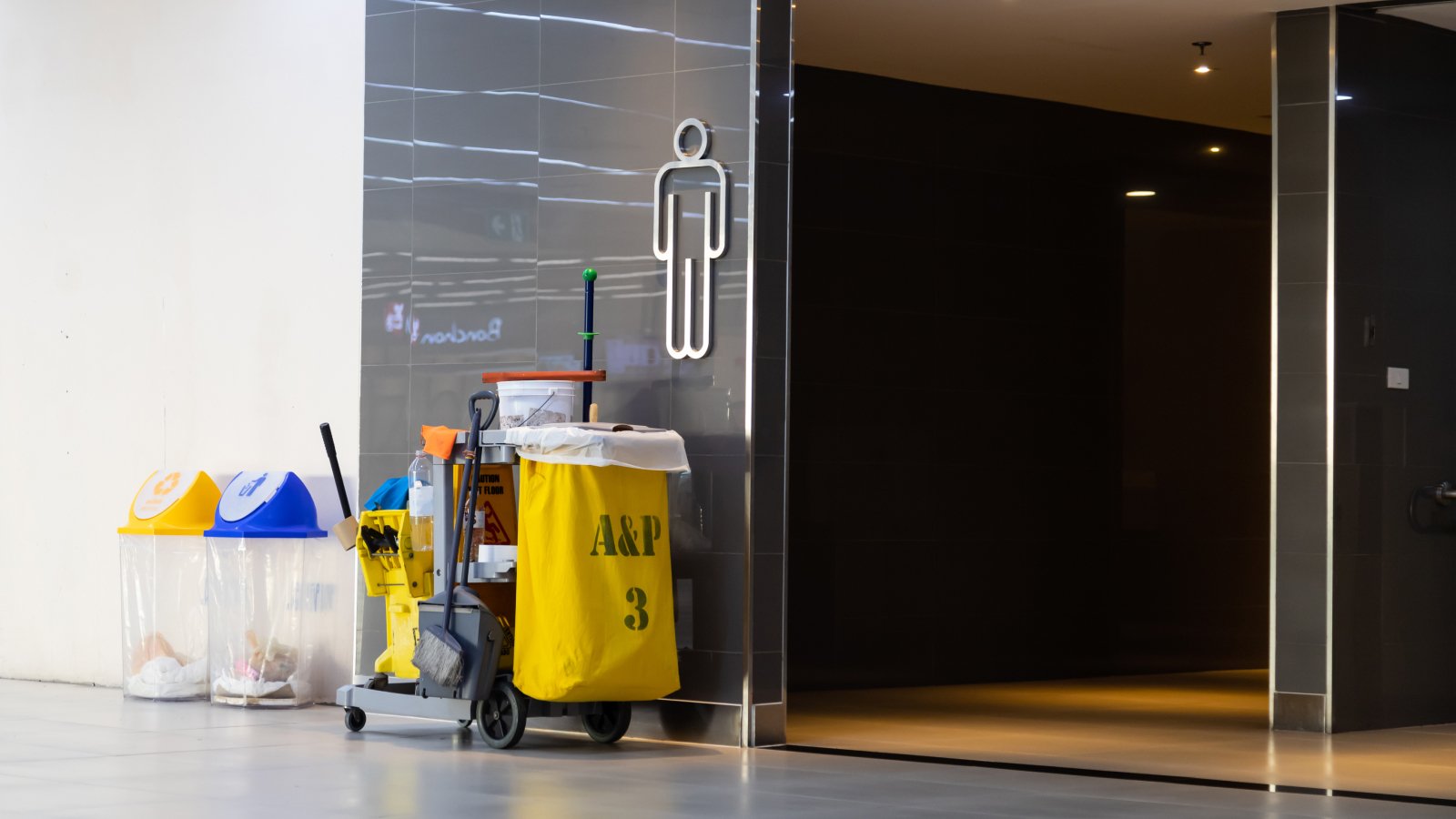
Restroom cleanliness isn’t just about meeting expectation, it directly impacts operational costs, user satisfaction and compliance standards. A poorly managed restroom can lead to costly repairs, health risks and poor facility reputation.
Facility managers across industries — from bustling airports to industrial plants — face constant pressure to maintain high hygiene standards while managing fluctuating restroom traffic and limited resources. Balancing these demands can feel like an ongoing struggle.
So, how do you ensure restrooms stay clean and hygienic without overwhelming your team or overspending on resources?
The Impact of Inconsistent Cleanliness Across Industries
Facility managers are no strangers to the challenges of maintaining restroom cleanliness, but what often gets overlooked is how these cleanliness lapses ripple through different aspects of facility management.
High-Traffic Environments:
In high-traffic
facilities like stadiums, airports or theme parks, restrooms are a litmus test for user satisfaction. When a
restroom isn't clean, it’s not just about the negative impression left on visitors — it’s a signal that operational
efficiency has broken down somewhere in the chain. Managers in these environments are dealing with constant traffic
flow, making it crucial to optimize cleaning schedules in real-time to prevent bottlenecks that could affect larger
operations.
Industrial Settings:
For industrial sites , the cleanliness of restrooms is more than a potential health concern — it’s a compliance
issue. Industrial restrooms can be exposed to grime, chemicals or contaminants that, if not managed properly, can
create safety risks. A lapse in cleanliness here could lead to fines, non-compliance with safety standards or worse,
a disruption in production if health issues arise.
Healthcare Facilities:
In healthcare facilities,
the stakes for hygiene are particularly high. Poor restroom cleanliness can have a direct
impact on infection control, with serious ramifications for Healthcare-Associated Infections (HAIs). Here, restrooms
are not just secondary support areas; they’re integral to the overall well-being of both patients and staff.
Facility managers in healthcare are under constant pressure to maintain the highest hygiene standards, knowing that even a small lapse could affect patient outcomes, compliance with regulations and care quality.
5 Strategies for Maintaining Restroom Cleanliness
Data-Driven Cleaning Schedules
For facility managers facing labor shortages, optimizing resources is crucial. Restroom traffic fluctuates
throughout the day, making traditional time-based cleaning inefficient and often labor-intensive. Smart restroom
technology like Onvation® provides real-time insights into foot traffic patterns, enabling
managers to predict
restroom needs more accurately.
This data-driven approach ensures cleaning teams are deployed only when necessary, focusing efforts on high-use restrooms while avoiding over-servicing low-traffic areas.

By shifting from reactive to proactive maintenance, facility managers can reduce labor costs, improve operational efficiency and ensure restrooms remain clean when they’re needed most.
Enhance Efficiency Through Strategic Partnerships
Effective restroom maintenance isn’t just about having a great team in place — it’s also about working with trusted
partners. Collaborating with reliable suppliers and service providers ensures restrooms are consistently stocked,
minimizing interruptions and reducing labor-intensive restocking tasks.
Site walks play a critical role in this process, allowing suppliers to assess the specific needs of your facility firsthand and recommend tailored solutions.
Partnering with suppliers who understand your facility’s unique requirements leads to more proactive restroom management, giving cleaning staff more time to focus on high-impact areas.
Ongoing Training for Cleaning Staff
While technology and products are essential, a well-trained cleaning staff remains the backbone of an effective
restroom maintenance program. Continuous training ensures that cleaning teams are aware of the latest hygiene
protocols, health standards and efficient cleaning techniques.
For facility managers, investing in staff training creates a ripple effect — when cleaning teams know the best methods for cleaning efficiently and hygienically, restrooms stay in better condition with less oversight.
Training also helps staff feel more empowered and confident in their roles, improving morale and reducing turnover, which is essential for building a reliable, long-term team.
Innovative Products for Hygiene and Cleanliness
The right products can significantly impact both hygiene and efficiency in restroom maintenance. Touchless
dispensers, antimicrobial surfaces and self-cleaning fixtures can help reduce the spread of germs and make it easier
for cleaning staff to maintain cleanliness with less manual intervention.

High-capacity dispensers are particularly useful for minimizing downtime and reducing the frequency of refills, ensuring restrooms remain operational even during busy periods. However, it’s not just about the efficacy of the products, it’s about using the right products for the task and your specific environment.
For example:
WypAll® Disinfecting Wipes are well-suited for schools, where high-touch surfaces need frequent cleaning. These wipes are EPA Category IV, meaning they are non-toxic and safe for use around students and staff, without requiring protective gear or handwashing.
Despite their gentle formulation, they effectively kill viruses like norovirus, flu, and COVID-19, making them a reliable option for maintaining hygiene in educational settings where both safety and cleanliness are critical.1
Preventing Cross-Contamination with Touchless Systems
Reducing cross-contamination in restrooms is essential, especially since 95% of adults fail to wash their hands long
enough to fully remove bacteria.2 This is why touchless dispensers, particularly for single-use paper towels, are
needed.
Unlike jet air dryers, which can spread bacteria into the air, paper towels contain bacteria and are disposed of immediately, helping minimize germ spread. Studies show paper towels can remove up to 77% of bacteria left on hands after washing, making them a more effective solution for maintaining hygiene in commercial restrooms.2
Prioritizing touchless systems ensures a cleaner environment that helps reduce the risk of contamination.
Proactive Cleanliness for Operational Success
Effective restroom management goes beyond cleaning schedules — it's about creating a seamless operation that meets both hygiene standards and user expectations. By focusing on proactive solutions, facility managers can prevent issues before they arise, reduce disruptions and improve the overall experience for staff and patrons.
With the right strategies, you can transform restroom maintenance into a key driver of operational success, ensuring a cleaner and more efficient facility.
Ready to elevate your restroom hygiene standards?
Explore our restroom solutions and equip your facility to reduce maintenance time and enhance cleanliness.
Explore our restroom solutions »
1WypAll® Disinfecting Wipes (54481), Hydrogen Peroxide Disinfectant Cleaner for Commercial, Industrial & Healthcare, 5.75"x7" Wipes, Fresh Scent (185 Sheets/Canister, 3 Canisters/Case, 555 Sheets/Case). (n.d.). KC Professional. https://www.kcprofessional.com/en-us/products/wiping-and-cleaning/disinfecting-and-enhanced-hygiene/disinfectant-and-sanitizing-wipes/wypall%C2%AE-disinfecting-wipes/54481
2Jet Air Dryers vs. Single-Use Paper Towels: Which is More Effective for Restroom Hygiene? (2024, June 7). KC Professional. https://www.kcprofessional.com/en-us/workplace-insights/health-and-safety/jet-dryers-vs-single-use-paper-towels










